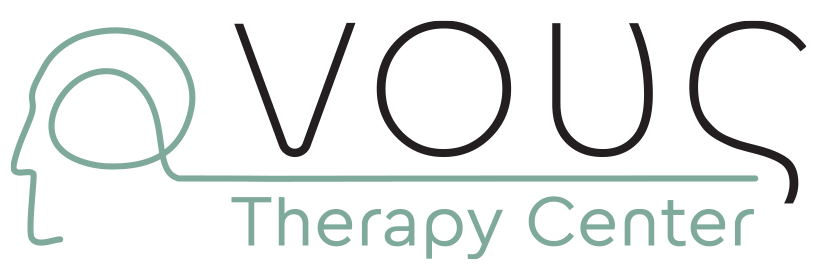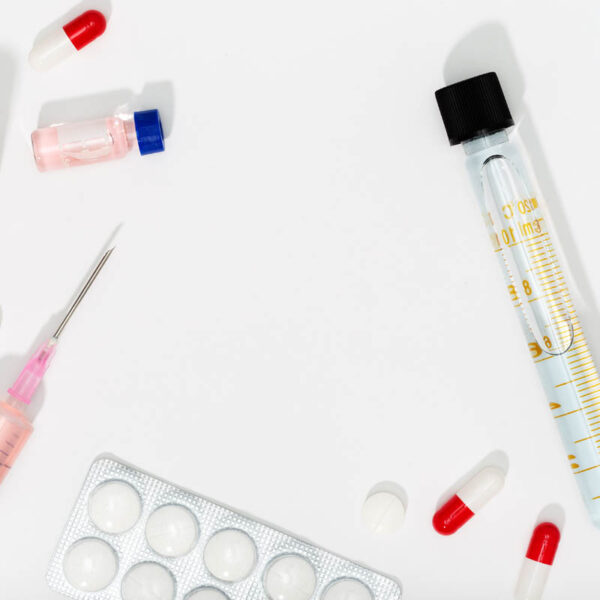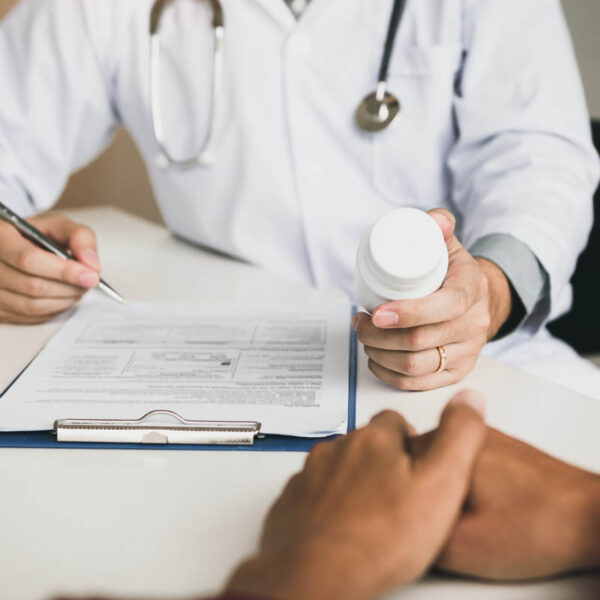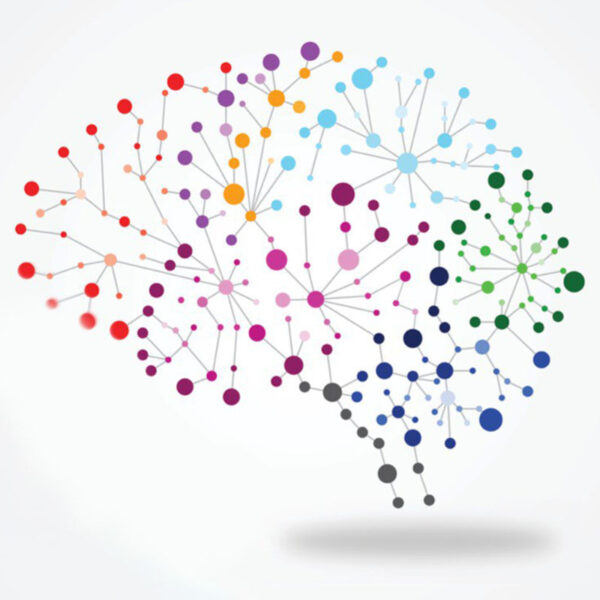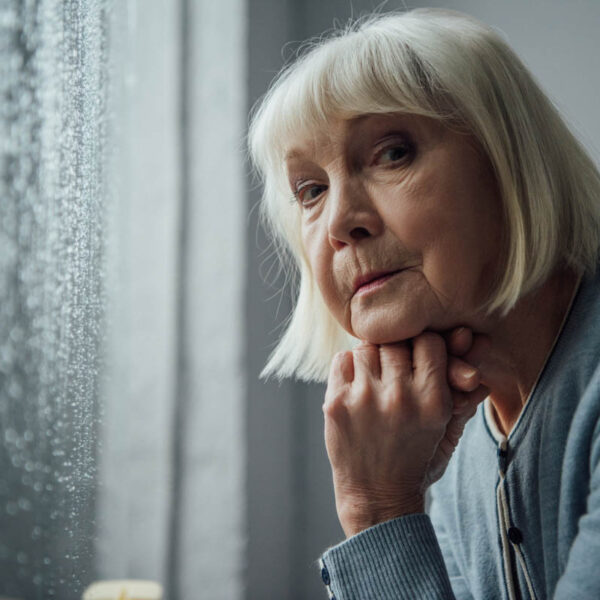
Emotional Disorders
Depression (or major depressive disorder) is the most common mood disorder and one of the most common psychological disorders in general. Approximately 15% of the population has to deal with this specific disorder, but it is important to highlight that diagnosis differs significantly form the common usage of the term or the periodical appearance of life phases where any person can have a bad mood or loss of interest.
Depression is defined by persistent and increased feelings of grief, desperation and emptiness. People report loss of interest and pleasure (anhedonia), reduced energy levels, reduced activity and need of social isolation. The person might lose her/his interest for almost every activity once enjoyed, her/his appetite or sexual desire, has trouble with sleep (insomnia or excessive hours of sleep), usually feels constant and intense fatigue and cannot cope with everyday life’s demands.
Difficulties in concentration, memory and decision making are also included in depression’s symptomatology. The person is also tormented by ideas of guilt and unworthiness and recurring thoughts of death and suicidal ideation.
There is diversity concerning the symptoms of depression and different types of the disorder, depending on the various symptoms, their kind and intensity, the conditions in which they emerge.
Dealing with depression is also varied, according to the specific needs of every person. Therapy is in some cases based on psychotherapy, while in other medical treatment must be administered. Depression is a complex and multilayered mental disorder, the therapy of which demands time and a personalized approach.
Depression is defined by persistent and increased feelings of grief, desperation and emptiness. People report loss of interest and pleasure (anhedonia), reduced energy levels, reduced activity and need of social isolation. The person might lose her/his interest for almost every activity once enjoyed, her/his appetite or sexual desire, has trouble with sleep (insomnia or excessive hours of sleep), usually feels constant and intense fatigue and cannot cope with everyday life’s demands.
Difficulties in concentration, memory and decision making are also included in depression’s symptomatology. The person is also tormented by ideas of guilt and unworthiness and recurring thoughts of death and suicidal ideation.
There is diversity concerning the symptoms of depression and different types of the disorder, depending on the various symptoms, their kind and intensity, the conditions in which they emerge.
Dealing with depression is also varied, according to the specific needs of every person. Therapy is in some cases based on psychotherapy, while in other medical treatment must be administered. Depression is a complex and multilayered mental disorder, the therapy of which demands time and a personalized approach.
Bipolar disorder is a mood disorder which manifests in phases during the person’s life. In 90% of cases these phases come in two types or poles, and that’s why it is called “bipolar”. It is a quite common mood disorder and while it can be really challenging for people, even in simply recognizing how emotional instability affects their lives and relationships, it is treatable, with an expert’s guidance and help.
The main symptom of bipolar disorder are mood swings that range from extremely high (mania or hypomania) to extremely low (depression) levels. Depending on the kind of symptoms (more depressive, maniac or mixed episodes) bipolar disorder is divided in subcategories (type Ι, ΙΙ, ΙΙΙ, ΙV ).
Mania includes unusually high levels of energy, inexplicable euphoria, irritability and impulsivity. People may spend improvident amounts of money, get involved in reckless sexual behaviors, feel that the do not need to sleep, talk faster than usual, act weirdly, aggressively or different than before.
Depressive episodes include feelings of sadness, desperation, isolation, guilt or unworthiness, loss of appetite or interest, sleep problems, increased fatigue, suicidal thoughts.
Both maniac and depressive episodes can disturb greatly a person’s functionality αnd everyday life. That is why early diagnosis and treatment of this disorder are quite important, ensuring emotional balance, adjustability and functionality for the person in need. Therapy for bipolar disorder usually includes both medical treatment and psychotherapy.
The main symptom of bipolar disorder are mood swings that range from extremely high (mania or hypomania) to extremely low (depression) levels. Depending on the kind of symptoms (more depressive, maniac or mixed episodes) bipolar disorder is divided in subcategories (type Ι, ΙΙ, ΙΙΙ, ΙV ).
Mania includes unusually high levels of energy, inexplicable euphoria, irritability and impulsivity. People may spend improvident amounts of money, get involved in reckless sexual behaviors, feel that the do not need to sleep, talk faster than usual, act weirdly, aggressively or different than before.
Depressive episodes include feelings of sadness, desperation, isolation, guilt or unworthiness, loss of appetite or interest, sleep problems, increased fatigue, suicidal thoughts.
Both maniac and depressive episodes can disturb greatly a person’s functionality αnd everyday life. That is why early diagnosis and treatment of this disorder are quite important, ensuring emotional balance, adjustability and functionality for the person in need. Therapy for bipolar disorder usually includes both medical treatment and psychotherapy.
Make an Appointment
If you experience the above symptoms, do not hesitate to contact us. The NOYS Therapy Center team is here for you.
